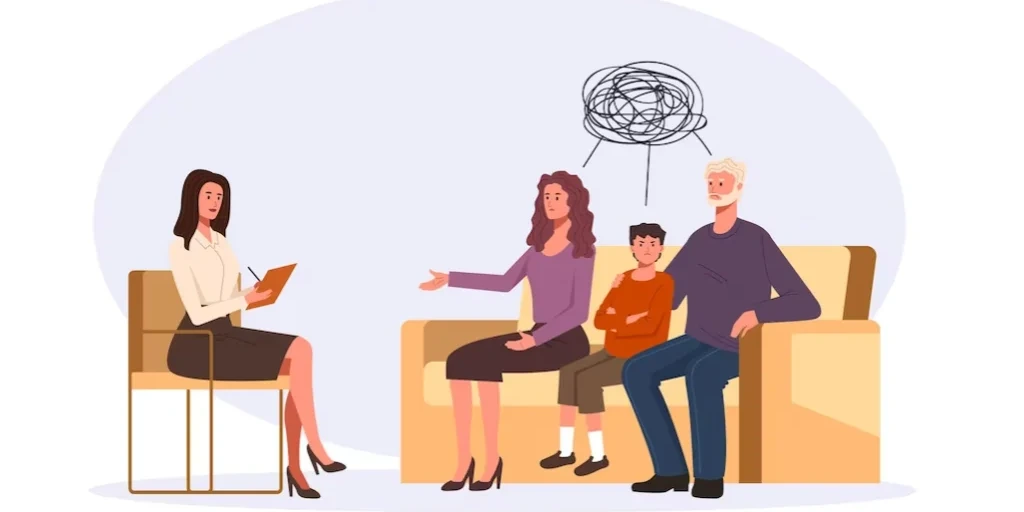24/7 Helpline:
(866) 899-221924/7 Helpline:
(866) 899-2219
Learn more about Intervention Services centers in Caledonia
Intervention Services in Other Cities

Other Insurance Options

CareFirst

Optima

Amerigroup

Holman Group

Aetna

Ambetter

Horizon Healthcare Service

PHCS Network

MHNNet Behavioral Health

Self-pay options

Kaiser Permanente

State Farm

ComPsych

Carleon
Beacon

Anthem

Ceridian

AllWell

Providence

Lucent






















Hiawatha Valley Mental Health Center
Hiawatha Valley Mental Health Center is a private rehab located in Caledonia, Minnesota. Hiawatha Va...









